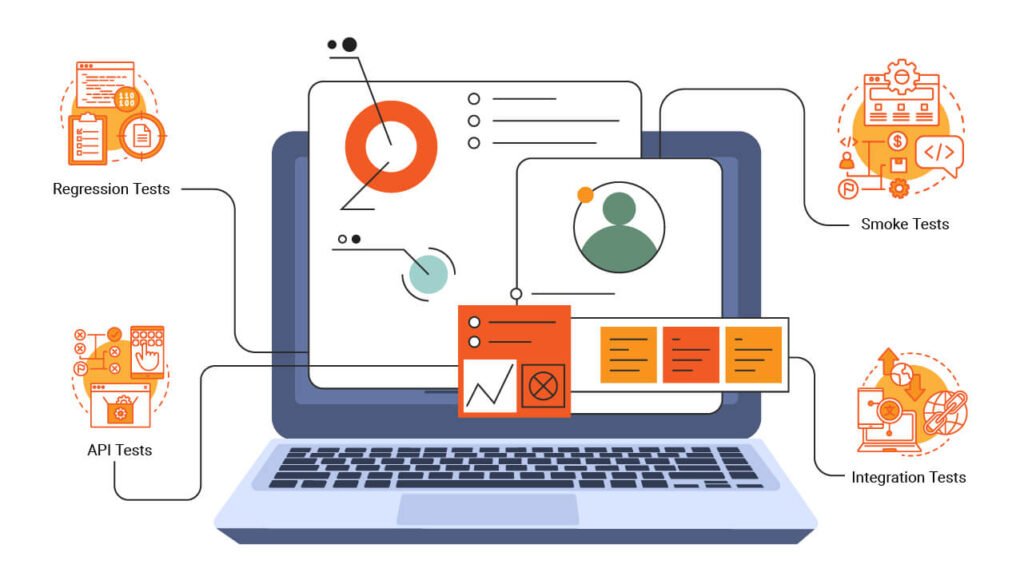With the ever-changing software development terrain, it’s necessary to ensure applications work as expected. Automated functional testing is one of the most effective ways to achieve this. It is an approach that tests the functionality of the software applications automatically to verify that they fulfil the specified requirements and perform as expected.
Streamlining the testing process
The use of automated functional testing greatly simplifies the process of testing software. Traditional manual testing is time consuming, error prone and inconsistent. By automating tests running on different platforms, configurations, and environments, software teams can execute them quickly. It decreases the time needed to rerun the same set of tests and thus reduces the running time for repeating test cases. It lets teams spend their time on more advanced problems that require human judgment and creativity.
Reducing human error
The elimination of human error is one of the key benefits of Automated Functional Testing. While manual testing is critical, mistakes are possible due to fatigue or oversight. On other hand, automation tools repeat tests precisely as they are designed resulting in tests being re-run with high accuracy every time. In manual testing, we can miss bugs or defects that have been overlooked. This helps to catch bugs or defects that may have been missed in manual testing, improving the software’s quality and reliability.
Enhancing test coverage
Automated functional testing also has a positive effect of increasing test coverage. Thousands of test cases can run simultaneously, automating a perfect storm of myriad scenarios that would be nearly impossible to do manually. The benefit of this broad test coverage is that it verifies all parts of an application, including edge cases and uncommon use cases. Automated testing runs these suites repeatedly to ensure that the software always behaves the same way in all conditions.
Saving time and resources
Automated functional testing saves time and resources. Tests are automated and can be run when needed without any human intervention. It removes the need for dedicated testing hours during a hurried development cycle. Then, teams can run automated tests for fixing issues without disrupting other tasks, even (if applicable) during off hours. This, in turn, helps cut down costs of testing as well as the development process speeding up.
Continuous integration and agile development
Automated functional testing has become an important part of continuous integration (CI) and agile methodologies in modern software development. Integration with CI pipelines allows test automation so that tests are executed automatically after every new code is committed. This aligns with the Agile mantra of frequent iterations and rapid feedback, with each release being tested thoroughly before being rolled out. Integrating automated testing with CI allows software teams to deliver higher-quality products and reduce time to market.
Finally, automated functional testing is crucial in contemporary software development, and Opkey is the right solution. Opkey’s no-code platform with AI features such as Impact Analysis, Test Mining, and Self Healing helps streamline testing as it automatically finds critical test cases and prioritises them. This cuts down on human error, increases test coverage, and frees up time and resources. Over 150 technologies and CI/CD pipelines are integrated into Opkey by default, and we are fully observable in the development lifecycle. Opkey’s advanced automation capabilities are a critical piece for delivering successful and scalable software delivery as the demand for faster, more reliable software increases.

